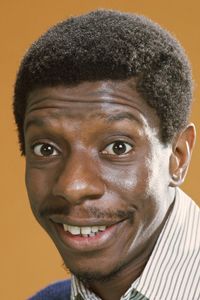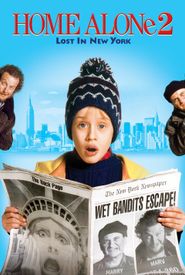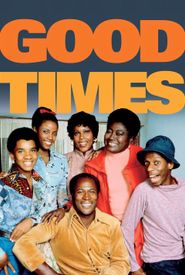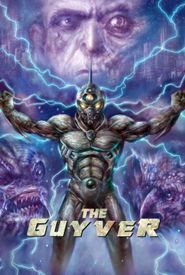Here is Jimmie Walker's biography:
Jimmie Walker was born on June 25, 1947, in the South Bronx, New York. Growing up in a tough neighborhood, he didn't initially have ambitions to entertain. Instead, he was passionate about basketball, but his height and build made him realize it wasn't a realistic goal. He quit school and worked odd jobs until he returned to night classes at Theodore Roosevelt High School, earning his diploma.
After being accepted into the federally-funded SEEK program, Jimmie learned a trade in radio engineering and announcing. Within a year, he was hired as an engineer at a small radio station, where he also gained a reputation as a funny guy and good writer. This led him to try his hand at comedy performance.
Jimmie made his stand-up debut on New Year's Eve in 1967 as an opening act for the militant poetry group "The Last Poets." He was a hit, and stayed with the group for a year and a half, building and polishing his jive-styled act. He eventually became a regular at the Improv stage in New York, where he was discovered by comedian David Brenner and referred to Budd Friedman.
Jimmie's TV debut came on Jack Paar's show, and his successful 1972 appearance propelled him to main attraction billing. He was quickly checked out by the Norman Lear team and handed stardom on a silver platter with the popular sitcom "Good Times" in 1974. He played the role of J.J. Evans, a 27-year-old playing a teenage son, and his catchphrase "Dyn-o-mite!" became a popular item in the American vernacular.
The show was an instant cross-over hit, and Jimmie became a major celebrity, earning the title "Comedian of the Decade" from Time Magazine. He appeared on various TV shows, including "The Love Boat," "Fantasy Island," and game shows like "The Match Game" and "Tattletales." He also released a best-selling comedy album entitled "Dyn-o-mite!"
After the series ended in 1979, Jimmie returned to the stand-up stage, but was unable to capitalize on his TV stardom, feeling pigeon-holed by the J.J. character. He appeared in several short-lived TV shows, including "B.A.D. Cats," "At Ease," and "Bustin' Loose." He has since focused on the stand-up circuit, touring 25-30 weeks a year and occasionally appearing on late-night talk shows.



























































